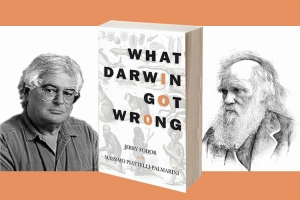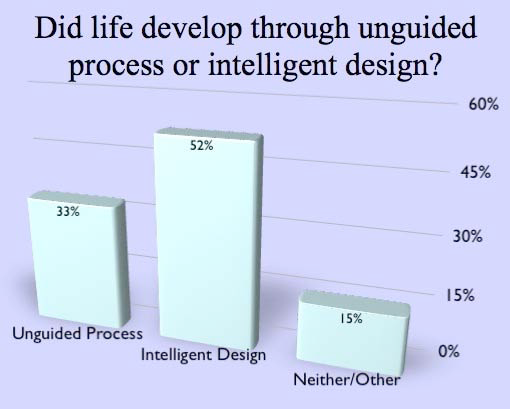Post Author: Bill Pratt
Lately on the blog I’ve had some people question why I side with the majority of experts on some issues and not with others. I had never really thought about this before, but then I ran across an article written by Jay Richards, entitled, “When to Doubt a Scientific ‘Consensus’“.
Richards gives 12 reasons why a scientific consensus should be doubted, using the global warming “consensus” as his example.
1. When different claims get bundled together, be suspicious. Whether the earth is warming and whether human beings are causing the earth to warm are two different claims that need to be supported by two different lines of evidence. Advocates of global warming often conflate the two and act as if they are a package.
2. When ad hominem attacks against dissenters predominate. When dissenters of a particular scientific view are frequently called names and personally attacked, be suspicious.
3. When scientists are pressured to toe the party line. Richards reminds us that “tenure, job promotions, government grants, media accolades, social respectability, Wikipedia entries, and vanity can do what gulags do, only more subtly.”
4. When publishing and peer review in the discipline is cliquish. How open is the peer review process in a particular field? If the same small group of people are deciding which articles get published in the scientific literature, be suspicious.
5. When dissenting opinions are excluded from the relevant peer-reviewed literature not because of weak evidence or bad arguments but as part of a strategy to marginalize dissent. If you’ve paid any attention to the climate change or evolution debates, there is plenty of evidence that this is occurring on a regular basis. Watch the movie Expelled to see what is going on in the evolution/intelligent design world.
6. When the actual peer-reviewed literature is misrepresented. I have seen this occur many times in the evolution debate. Not only is there plenty of disagreement among scientists about the mechanisms of evolution (you will often hear there is not), but there is plenty of misrepresentation of intelligent design research.
7. When consensus is declared hurriedly or before it even exists. True science requires time before results can be properly analyzed. According to Richards:
Scientists around the world have to do research, publish articles, read about other research, repeat experiments (where possible), have open debates, make their data and methods available, evaluate arguments, look at the trends, and so forth, before they eventually come to agreement. When scientists rush to declare a consensus, particularly when they claim a consensus that has yet to form, this should give any reasonable person pause.
In the next post, we will cover the final 5 reasons a person should doubt a scientific consensus.

 of cellular biology and genetics over the last 150 years would boggle Charles Darwin’s mind. Some argue that if he were alive today, he would abandon the very theory named after him because of all the contrary evidence that now stands against it.
of cellular biology and genetics over the last 150 years would boggle Charles Darwin’s mind. Some argue that if he were alive today, he would abandon the very theory named after him because of all the contrary evidence that now stands against it.